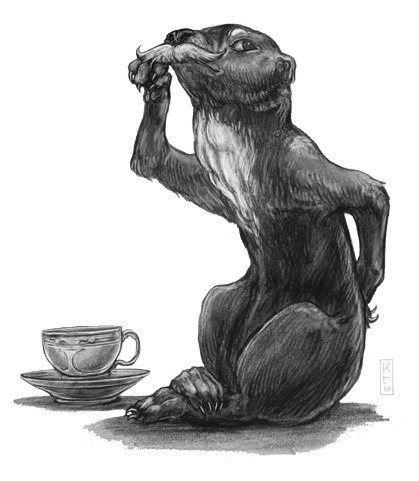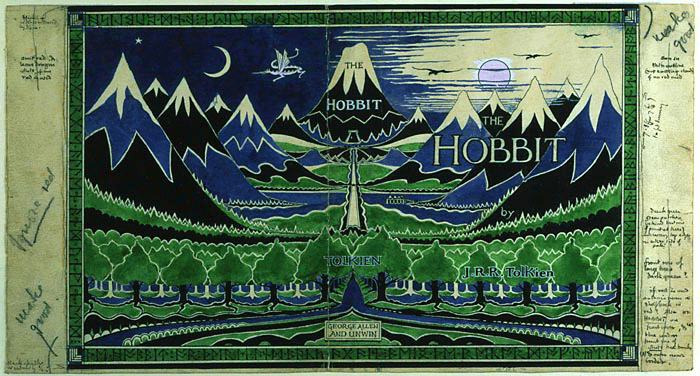
Goliath
by Scott Westerfeld
"Reality had no gears, and you never knew what surprises would come spinning out its chaos."
Goliath is the thrilling conclusion of the Leviathan/Bohemoth/Goliath steampunk WWI series. Goliath finds our intrepid team of Prince Alek and Deryn/Dylan still on the Leviathan, off on a secret mission to Russia to rescue an eccentric scientist, Nicola Tesla, who claims to have a weapon that will end the war.
This book basically covers the rest of the world: Book 1: Europe, Book 2: Ottoman Empire: Book 3: Russia, Japan, Mexico and the USA. While each country adds their odd quirks and flavor to the Clanker and Darwinist technology, they didn't have the depth and texture of Book 2's Ottoman culture. Granted, they only leapfrogged to each country, and couldn't stay too long. We get a nice historical figure cameo parade, though; we meet Tesla, William Randolph Hearst, Pancho Villa, and a few minor figures here and there.
This book was a lot less epic in scope than I expected. Spoiler alert: the war does not end. In fact, America is only just joining the war as the curtains come down on the trilogy. But I realized it is not the story of the war, it is the story of Alec and Deryn and their relationship, and that story ended very satisfactorily.
Alek finally discovers that Deryn is a girl, and the shock and betrayal and sulking, and eventual awkward reconciliation, tension, and intimacy are incredibly emotionally rewarding. Deryn's struggle with her growing feelings for Alek is much more compelling than other books I have read recently (see my review of Hunger Games if I ever get around to finishing them), because she doesn't spend hours moping and then never resolve anything. She thinks about it, basically says "Well, that sucks" and moves on. Or she does something about it. Or she ignores it and does her job. She's one tough chick. Yet, Westerfeld allows her moments of incredible vulnerability in this book, and it makes her and Alek's relationship that much more special that she allows her veneer to slip a little when they are alone together.
Alek also has to come to terms with his "destiny." He feels he is meant to end the war, since his family started it. He backs Tesla, even though the inventor is bat-shit crazy, because Tesla claims he can end the war with Goliath. When Alek discovers the purpose of Goliath, however, he is caught between ending the war quickly at the cost of innocent lives, or letting the war drag on, perhaps at the cost of more.
The story weaves together their struggle between their duty to the war/ stations in life, and to each other. While the plot itself is a bit thin, the emotional payoff is fantastic. The two have grown so much since we first met them in Leviathan, and it kinda makes you proud. Well done them.
Oh, and read this book just for the perspicacious lorises, the mystery beasties we were introduced to in the 2nd book. They have some of the best lines in the series. Trust me.

All in all, a solid, clever, quick YA read.
My reviews of the rest of the series:
Leviathan by Scott Westerfeld
Behemoth by Scott Westerfeld

